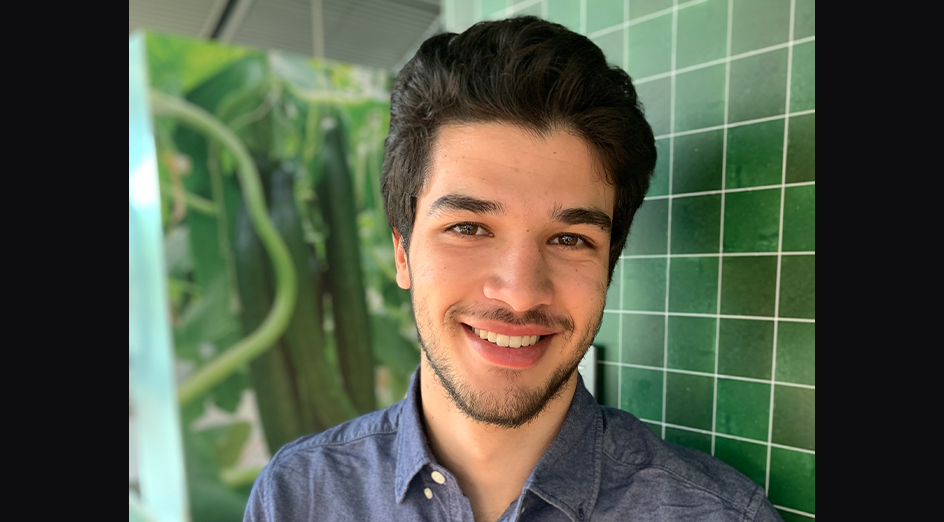An Applied Mathematics Honours student at The University of Western Australia has used computational modelling techniques to conclude that towns in the Pilbara are more exposed than almost anywhere else in the State to a COVID-19 outbreak originating in Perth.
Yuval Berman used mobility data from mobile phones over the past two years to model regional transmission of COVID around the State, taking into account different levels of vaccination, border controls and social restrictions.
His analysis built on preliminary studies of COVID transmission in vulnerable rural and remote communities by Professor of Applied Mathematics Michael Small, from UWA’s Department of Mathematics and Statistics, which formed the basis of advice to the WA Department of Health.
 Image: Applied Mathematics Honours student Yuval Berman.
Image: Applied Mathematics Honours student Yuval Berman.
“We found that towns in the Pilbara are more prone to a COVID outbreak originating in Perth than towns in most other parts of the State, including the busy South West,” Yuval said.
“We believe this is most likely driven by FIFO activity, with the results suggesting the need for prudent health monitoring of fly in and fly out workers.”
The 22-year-old student, who spent his childhood in Israel before moving to Australia and graduating from Kalamunda Senior High School, said modelling also revealed the importance of social restrictions such as border controls and close contact isolations that were mandated throughout the pandemic.
“We found that with those restrictions in place, as they had been, a triple vaccination rate of 63 per cent or higher would have been enough to suppress an Omicron outbreak in Western Australia,” Yuval said.
“Without social restrictions however, a similar situation to now, no level of triple vaccination would have suppressed Omicron, which demonstrates the effectiveness of the mandates that were in place.”
Professor Small, the CSIRO-UWA Chair of Complex Engineering Systems, said Yuval’s analysis, which he supervised with Dr Shannon Algar and Dr David Walker, demonstrated the power of mathematics and its inextricable links with data science, one of the fastest growing fields in information technology.
“It was great to see Yuval being able to put his theoretical knowledge into practice using the latest technologies and resulting in outcomes with real world application,” Professor Small said.
Determined to share his love of maths, in his downtime Yuval is involved in the Non-For-Profit Teach Learn Grow, which provides free tuition and mentoring to rural and remote students, aiming to help them to reach their full potential.
Media references
Liz McGrath (UWA Media Advisor) 0433 795 509
